U.S. RECIPROCAL TARIFFS OFFICIALLY TAKE EFFECT
At precisely 12:00 AM on August 7 (U.S. time), the reciprocal tariffs imposed by the U.S. on its global trading partners officially came into force, with rates ranging from 10% to 50%.
"It 's midnight!!! Billions of dollars in tariffs are pouring into the USA!" Mr. Trump posted on Truth Social as the new day began.
Fundamentally, the Donald Trump administration has divided countries into four groups for tariff application: countries with a trade deficit with the U.S. are subject to a 10% tariff; countries with a small trade surplus with the U.S. face 15%; countries with a large trade surplus with the U.S. face around 20%; and an exempted group.
Notably, several major partners in the exempted group, such as India, Switzerland, and South Africa, are subject to new tariffs of up to 39%. India, in particular, could face a tariff of up to 50% in the next three weeks if it does not concede to Mr. Trump 's demands.
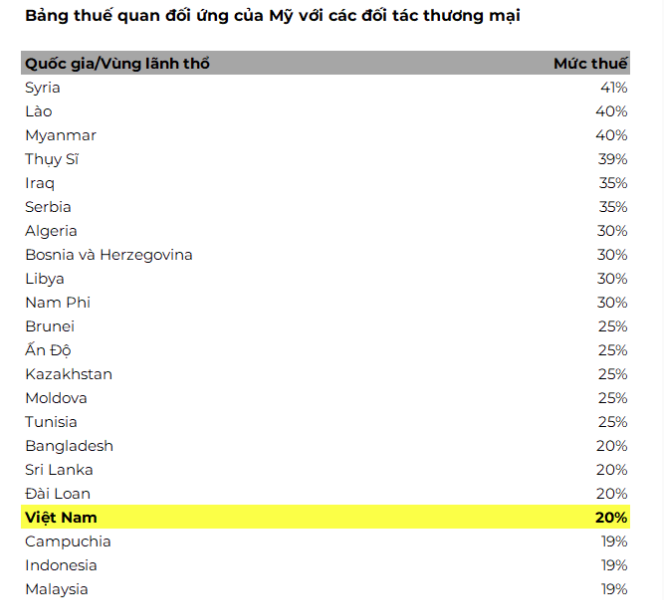
Additionally, the U.S. has yet to reach final trade agreements with its three largest trading partners: China, Mexico, and Canada. For now, Washington has agreed to postpone tariffs on Beijing and Mexico while negotiations continue.
Canada, however, has been subject to a 35% tariff on certain goods since August 1.
Many economists have warned that these new tariffs have the potential to impact global prices and supply chains, directly affecting American consumers and businesses.
Notably, on August 6, just before the reciprocal tariffs took effect, Mr. Trump announced he would impose an "approximately 100%" tariff on all imported semiconductor chips. However, chips from companies that are currently manufacturing in the U.S. or have committed to building production lines in the U.S. will be fully exempt.
Previously in April, U.S. Commerce Secretary Howard Lutnick stated that certain goods would be subject to a separate industry-specific tariff, to be announced "in the next one or two months." Until then, they are temporarily not subject to tariffs.
Mr. Trump made the announcement at an event unveiling Apple 's commitment to invest an additional $100 billion in the U.S. market. The U.S. President stated that the tech giant was one of the first companies to be granted tariff exemptions due to this investment.
"For companies like Apple, who have committed to building in America, there will be no fee," Mr. Trump said in the Oval Office.
However, he also issued a stern warning: "If you say you 're going to build and you don 't, we will accumulate a charge and you will have to pay for everything at a later date."
South Korea has responded quickly and positively to this news. The country 's trade envoy confirmed that Samsung Electronics and SK Hynix—two of the world 's leading semiconductor companies—will not be subject to the 100% tariff.
Seoul will also receive the most favorable tariff treatment for semiconductors under its agreement with Washington.
Washington is expected to announce the results of its national security investigation into semiconductors and critical technology goods in mid-August. This outcome may lead to further adjustments in U.S. tariff policy.
Source: Tuoi Tre Newspaper
Nguồn:
Related news
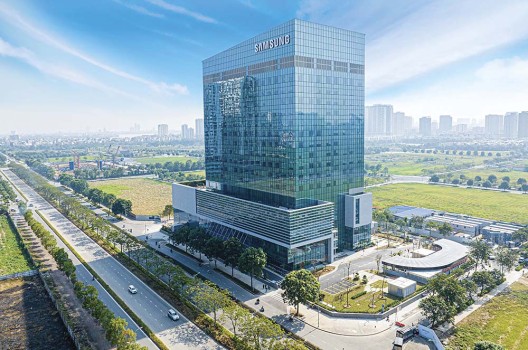
09/08/2025
VIETNAM AFFIRMS ITS POSITION AS A GLOBAL TRADE AND MANUFACTURING HUB
Vietnam Affirms Its Position as a Global Trade and Manufacturing Hub
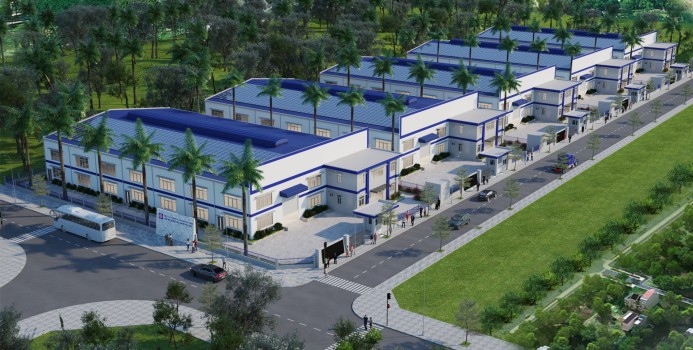
09/08/2025
VIET NAM 'S INDUSTRIAL REAL ESTATE RENT HAS INCREASED BY 70%
VIET NAM 'S INDUSTRIAL REAL ESTATE RENT HAS INCREASED BY 70%
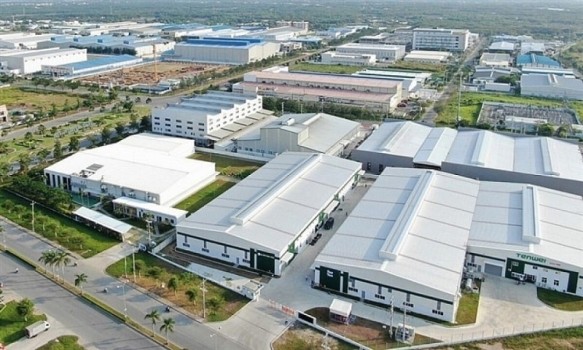
09/08/2025
WILL THE DEMAND FOR INDUSTRIAL REAL ESTATE CONTINUE TO RISE ?
Will the Demand for Industrial Real Estate Continue to Rise?
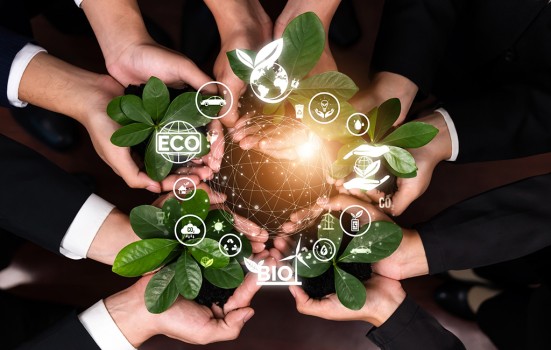
09/08/2025
ESG TRENDS IN INDUSTRIAL PARK DEVELOPMENT IN VIET NAM
ESG TRENDS IN INDUSTRIAL PARK DEVELOPMENT IN VIET NAM
Copyright © 2022 Viet Huong IP., Ltd. All Rights Reserved
TOP



